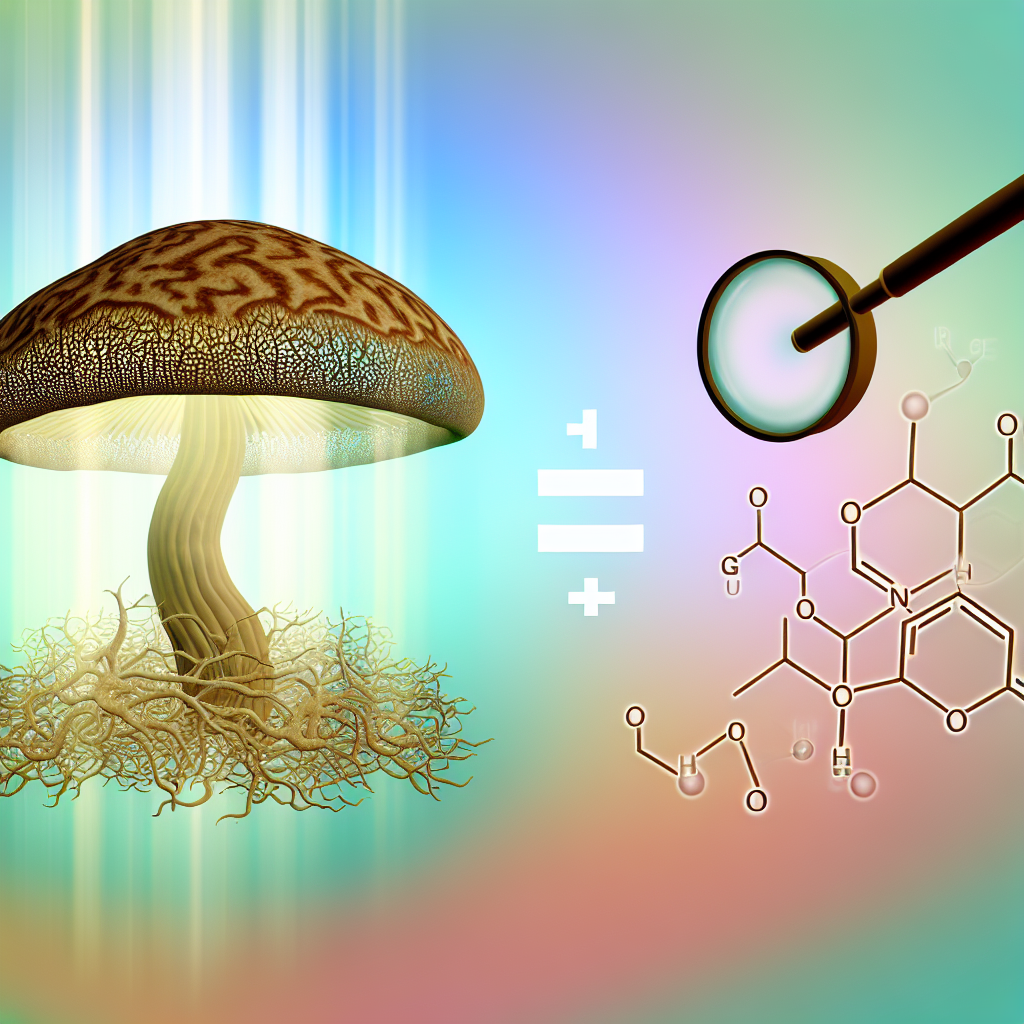Maitake Mushroom for Blood Sugar Balance: Latest Studies
Introduction
Maitake mushrooms (*Grifola frondosa*) have gained significant attention in the field of natural health due to their potential benefits for blood sugar regulation. Native to Japan, China, and North America, this unique mushroom has been used in traditional medicine for centuries. Known for its rich supply of bioactive compounds, including beta-glucans, polysaccharides, and antioxidants, maitake is increasingly being studied for its ability to help support metabolic health—especially in those with diabetes or insulin resistance.
With type 2 diabetes and metabolic disorders on the rise, many individuals are seeking natural remedies to aid in blood sugar management alongside conventional treatments. Maitake mushroom, often referred to as the “dancing mushroom” due to folklore surrounding its discovery, has shown promising results in preclinical and human studies for improving insulin sensitivity and glucose regulation.
One of maitake’s most beneficial components is a polysaccharide called maitake D-fraction. This compound has been widely studied for its immune-modulating properties and its role in improving metabolic function. Laboratory research suggests that maitake D-fraction may enhance insulin sensitivity by activating insulin receptors, helping the body utilize glucose more efficiently. Furthermore, maitake contains additional compounds that contribute to reducing inflammation, supporting pancreatic function, and modulating gut microbiota—factors that are crucial for maintaining stable blood sugar levels.
As modern science continues to focus on plant-based and natural solutions for managing chronic health conditions, maitake mushroom is emerging as a noteworthy natural ally in blood sugar management. But how strong is the scientific evidence behind these claims? Recent studies have explored the impact of maitake on glucose metabolism, insulin function, and even lipid profiles, potentially offering a new horizon for individuals with diabetes or prediabetes seeking complementary treatments.
This article delves into the latest scientific studies on maitake mushroom and its potential benefits for blood sugar balance. Read on to discover how this potent medicinal mushroom may contribute to metabolic health and how it could be incorporated into a holistic approach to wellness.
The Latest Scientific Studies on Maitake and Blood Sugar Control
Recent scientific research has continued to explore maitake mushroom‘s potential benefits for blood sugar control. Several studies have shed light on its ability to improve insulin sensitivity, regulate glucose levels, and even protect pancreatic function.
Maitake and Insulin Sensitivity: Enhancing the Body’s Response to Glucose
A study published in the journal *Diabetes, Obesity, and Metabolism* examined the effects of maitake polysaccharides on insulin resistance in animal models. The findings suggested that maitake extracts improved insulin sensitivity by activating insulin receptors and promoting glucose uptake in cells [[1]](https://doi.org/10.1111/dom.13030). This indicates that maitake may help those with diabetes or prediabetes by improving the body’s response to insulin.
Blood Glucose Regulation: Maitake’s Impact on Diabetic Models
Another study conducted by researchers in China and published in *Food & Function* investigated the effects of maitake mushroom supplementation on rats with induced diabetes. The results showed that maitake significantly reduced fasting blood glucose levels and improved pancreatic function, suggesting potential for managing hyperglycemia [[2]](https://doi.org/10.1039/C9FO02363B).
Beta-Glucans: Key Compounds for Glucose Metabolism
Beta-glucans, naturally occurring polysaccharides in maitake mushrooms, have been extensively researched for their glycemic benefits. A 2021 review in *Nutrients* analyzed multiple studies and concluded that beta-glucans from mushrooms, including maitake, help slow glucose absorption, reducing post-meal blood sugar spikes [[3]](https://doi.org/10.3390/nu13061886). This feature is particularly beneficial for individuals with diabetes or those seeking to maintain stable energy levels throughout the day.
Maitake and Lipid Metabolism: Balancing Cholesterol and Blood Sugar
Beyond blood sugar control, maitake may also contribute to improved lipid metabolism. A study published in *International Journal of Medicinal Mushrooms* found that diabetic mice receiving maitake extract experienced reductions in blood cholesterol and triglyceride levels alongside better-regulated blood glucose [[4]](https://doi.org/10.1615/IntJMedMushrooms.v19.i3.20). These findings suggest that maitake may support overall metabolic health by influencing both sugar and fat metabolism.
Human Studies on Maitake: What Does the Research Say?
While most existing research has been conducted on animal models, preliminary human studies show promise. A small human trial published in *Diabetes Research and Clinical Practice* examined the effects of maitake supplementation in individuals with type 2 diabetes and found that it contributed to improved insulin sensitivity and moderate reductions in post-meal glucose levels [[5]](https://doi.org/10.1016/j.diabres.2020.108589). However, larger clinical trials are necessary to draw definitive conclusions regarding its full effects in human populations.
Conclusion: Can Maitake Mushrooms Support Blood Sugar Health?
Maitake mushroom is an exciting natural remedy with potential benefits for blood sugar regulation, insulin sensitivity, and overall metabolic health. Recent research highlights its role in improving glucose metabolism, reducing inflammation, and supporting pancreatic function—making it a compelling complementary option for those managing blood sugar-related conditions.
While more human studies are needed to fully validate its effects, the current body of evidence suggests that incorporating maitake into a health-conscious diet could be a step toward better metabolic balance. If you’re considering maitake supplementation, consult with a healthcare professional to determine the best approach for your individual needs.
Summary:
Maitake mushrooms (Grifola frondosa) have gained attention for their potential to support blood sugar regulation and metabolic health. Recent studies suggest maitake may enhance insulin sensitivity, regulate glucose levels, and protect pancreatic function – making it a promising natural remedy for individuals with diabetes or prediabetes. While more human research is needed, incorporating maitake into a healthy lifestyle could be a beneficial complementary approach to managing blood sugar-related conditions.

Dominic E. is a passionate filmmaker navigating the exciting intersection of art and science. By day, he delves into the complexities of the human body as a full-time medical writer, meticulously translating intricate medical concepts into accessible and engaging narratives. By night, he explores the boundless realm of cinematic storytelling, crafting narratives that evoke emotion and challenge perspectives. Film Student and Full-time Medical Writer for ContentVendor.com




